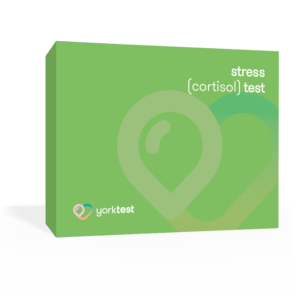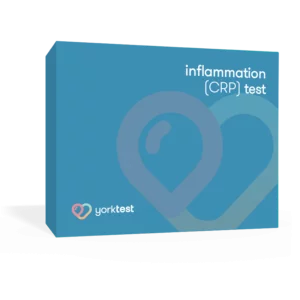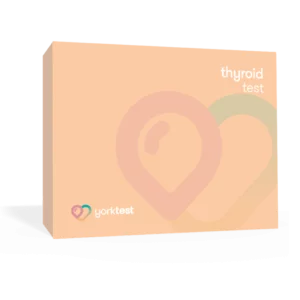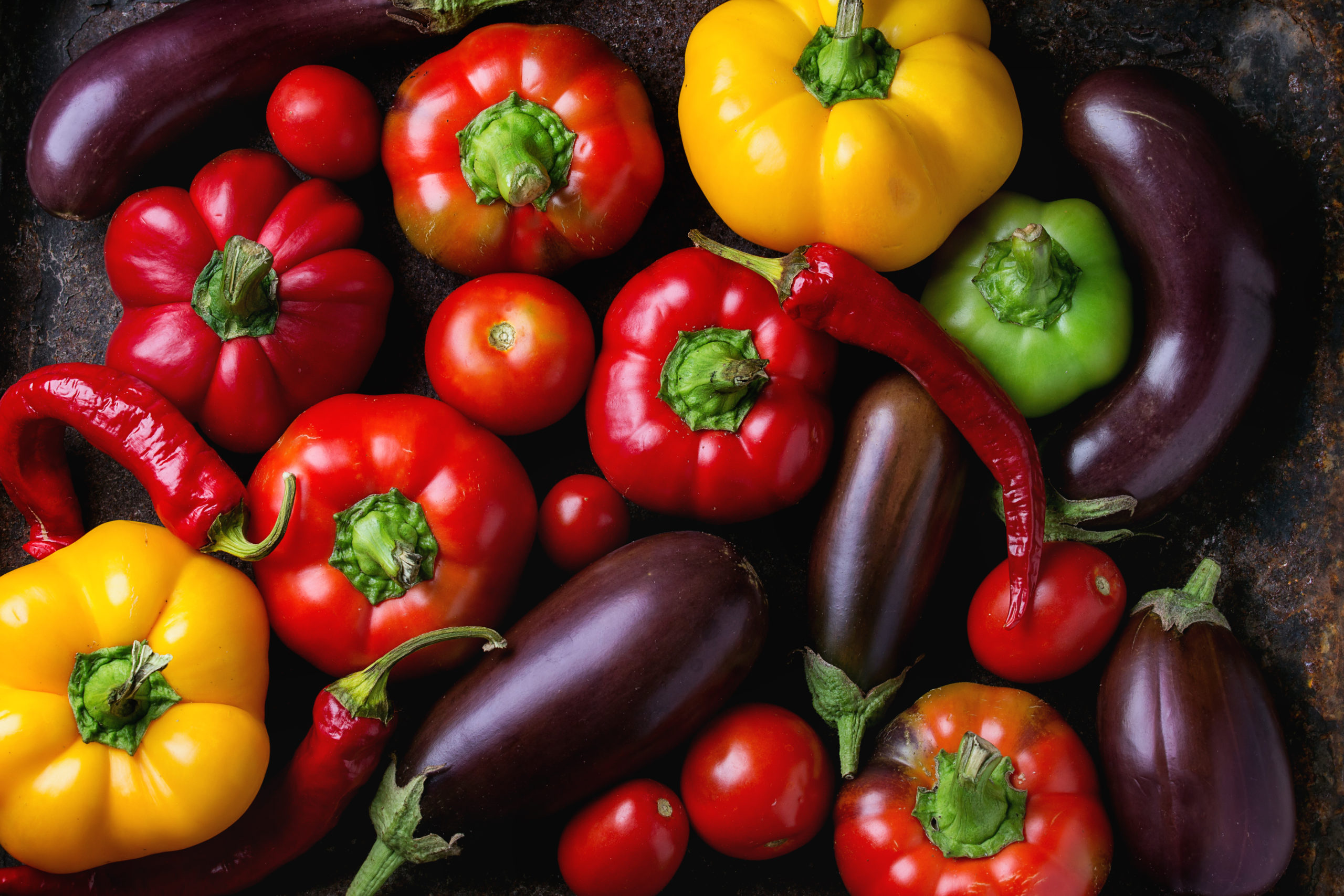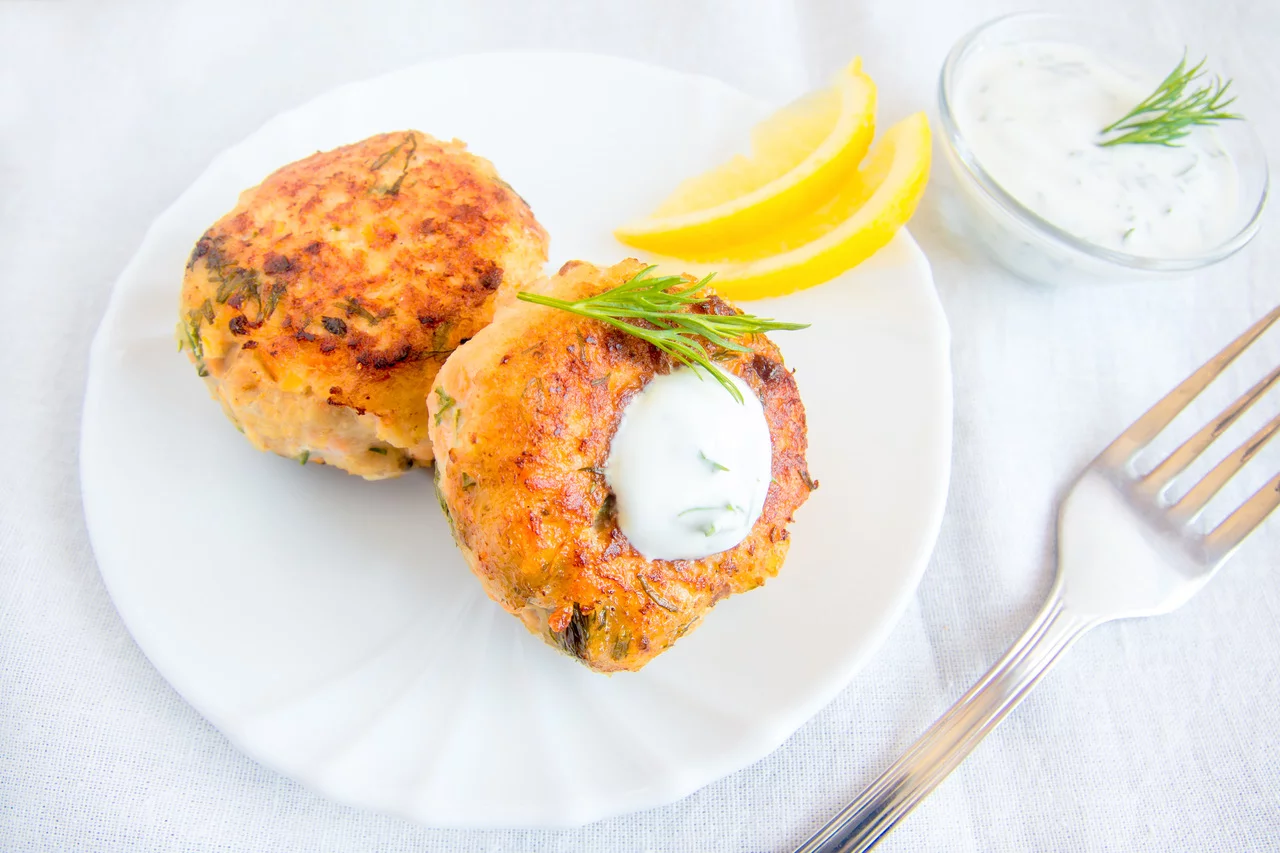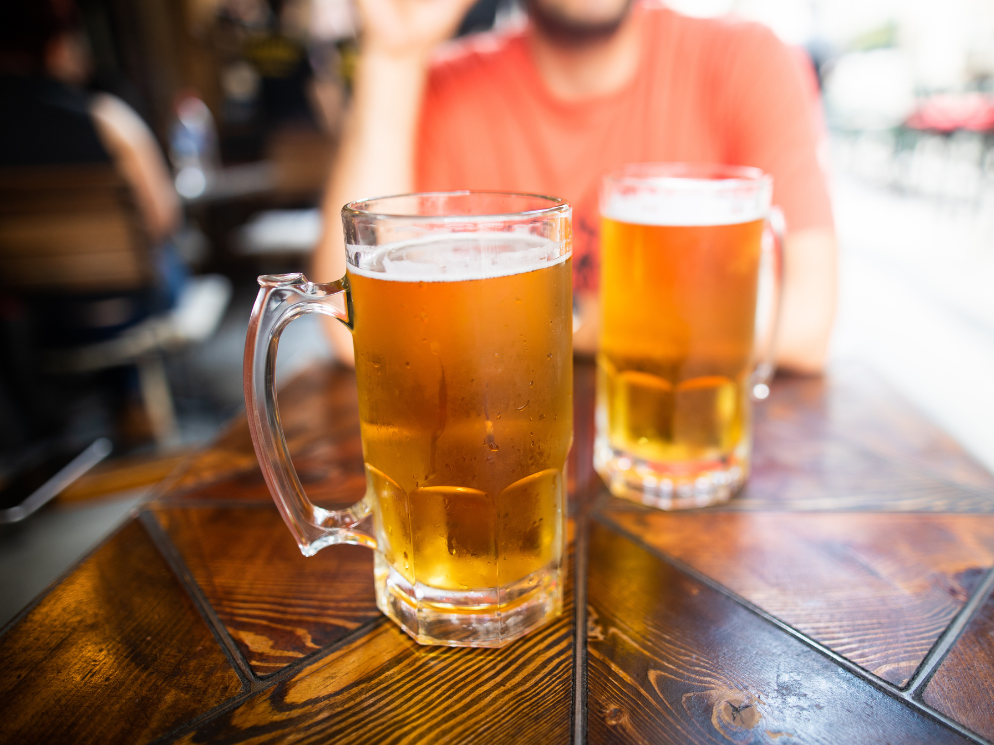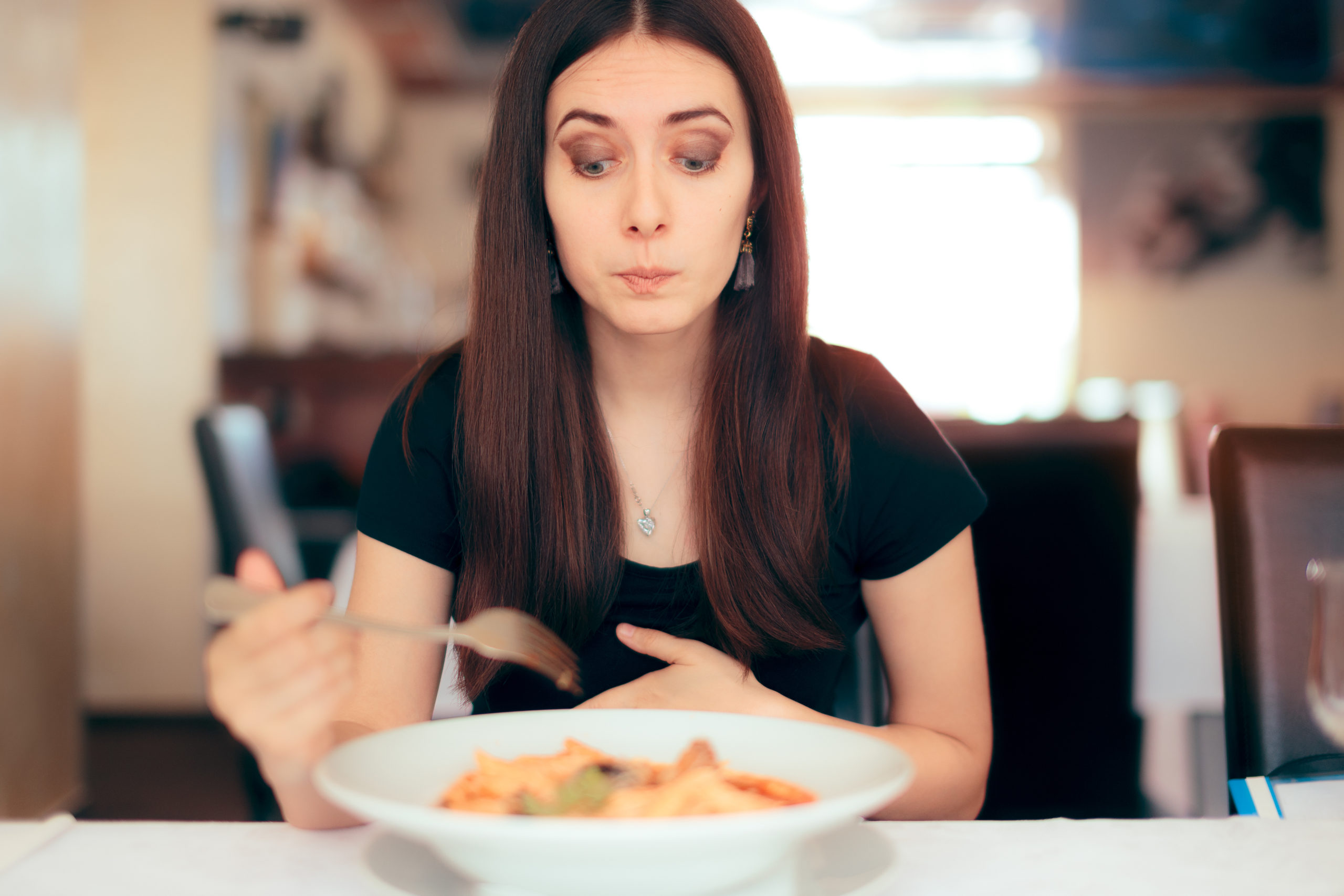We all need sugars for our bodies to function correctly. However, in today’s society many of us have lost touch with what is in our food as more and more of us are consuming high amounts of processed foods.
Processed foods often have added sugar in order for the food to taste more appealing and is often also used as a bulking agent. Eating sugar causes our blood sugar levels to go up which gives us an energy boost and a “feel good factorâ€. This is then followed by a ‘sugar craving’ or ‘crash’ which leaves us tired, irritable and craving yet another sugar fix.
Sugar can also have long term severe health complications such as:
- dental problems
- fatty liver disease
- diabetes
- weight gain
- heart disease
Simple sugars are called monosaccharides and include glucose. Table sugar is a type of disaccharide (sucrose). It can be challenging as a consumer to check the sugar content of a product on their label as there are so many names to look out for. Sugar can be labelled as:
- Glucose
- Sucrose (beet and cane sugar)
- Fructose
- Lactose
- Maltose
- Honey
- Agave
- Molasses
- Syrup
- Corn Syrup
- Rice Syrup
- Dextrose
The higher up the sugar name appears on the list, the moer sugar is in there. You can also look out for the ‘Carbohydrates as Sugars’ on the label. Less than 5g per 100g is low and 15g per 100g is high.
The World Health Organisation (WHO) recommend that we consume no more than 10% of our daily calorie intake as sugar. This equates to 25g (6 tsp) for women and 35g (8 tsp) for men.
Refined sugars offer no nutritional value, our bodies don’t need it and so it is considered a source of unnecessary calories.
Reducing the amount of processed food you consume will help to reduce this intake.
To gain a better understanding of how much sugar we’re really eating, we took a look at some of the common foods in our diet – the results were surprising:
Breakfast Cereal
Cereal is often considered as a healthy start to the day, this however depends upon the cereal that you choose. Some cereals of well-known brand names contain up to 11g of sugar in a 30g serving. That equates to nearly 3 tsp of sugar just in your breakfast cereal. Cereal also features in our article on surprising sources of salt, so it really does pay to read the label on such commonplace foods.
Chocolate
It won’t come as a surprise that chocolate contains a high amount of sugar. A 44g bar of milk chocolate typically contains around 23g of sugar, 5 ½ tsp. A staggering amount of our RDA. If you are a chocolate lover try replacing white or milk chocolate with dark. It contains less sugar and you may find you feel satisfied eating less of it than your usual chocolate snack.
Tomato/BBQ Sauce
Many of us are probably guilty of squeezing a generous portion of BBQ or tomato sauce onto our meals without giving a second thought of how much sugar the sauce contains. If you enjoy making homemade sauces you will be fully aware of the amount of sugar they contain. In fact BBQ and Tomato sauce typically contain 4g of sugar per tsp. This can quickly get out of control if you are generous with your sauce portions.
Fat Free Flavoured Yoghurts
Most of the flavoured fat free yoghurt products on the market are full of added sugar and artificial sweetener. Many of the well-known brands have up to 26g of sugar per 150g pot, that’s 6 ½ tsp. This means where you feel you are cutting down on saturated fats you are replacing with added sugar with no nutritional value.
Tomato based Pasta Sauces and Soups
Many people would presume that tomato based sauces and soups are a healthy option. Many tomato sauces are healthy, just be sure to check the added sugar content on the packaging. A leading brand of tomato soup has 14.8g per serving, that equates to 3 ½ tsp of sugar. Tomatoes are a naturally sweet ingredient – try making your own tomato soup and sauces to cut out the high sugar content.
Ready Meals
Ready meals sold by the major food manufacturers and the leading supermarkets vary in sugar content. The amount of sugar per ready meal can range anywhere from 16g (4 tsp), to 50g (12 ½ tsp). This also includes ‘diet’ ready meals which again have a low saturated fat content but high sugar content. The high sugar content is used to disguise the bland taste compared to a full fat version of the meal. The highest sugar content was seen in sweet and sour meals.
Bottled Juices and Smoothies
The NHS suggests that a 150ml glass of juice equates to one of our 5 a day recommended fruit and vegetable intake. However, many advisors are now disputing the health benefits of this and believe it should be taken off the recommended list due to the high sugar content.
Drinking juice equates to consuming far more juice than if you were to eat the full fruit, hence the more sugar we consume. One 150ml glass of juice contains on average 13g (3 tsp) of sugar. Considering most small glasses are 250ml, we could be consuming much more juice than we realise. Smoothies also often have a high sugar content with the leading brand currently containing 34g (8 ½ tsp) of sugar in a 250 ml bottle. This is the same amount as a full fat can of Coke.
Coffee Drinks
Coffee chains have surged in popularity around the UK over the past 10 years. Coffee shops have been opening multiple stores across our towns and cities. There has also been a lot of media attention on their calorific drink offering. Many of the drinks also contain a large amount of sugar that would surprise many consumers. Taking a medium sized drink as an example in a leading coffee shop, Hot Chocolate contains 35g (8 ½ tsp) of sugar, Chai Latte contains 49g (over 12 tsp) of sugar, Mocha Latte contains 38g (9 ½ tsp) of sugar, Latte contains 15g (nearly 4 tsp) of sugar. And if you prefer a cold drink the ice blended smoothies contain 89g (over 21 tsp) of sugar. Non-fat milk options also proved high in sugar, a flavoured skimmed Latte contains 17g (over 4 tsp) of sugar.
Dried Fruit
Dried fruit is often considered to be a healthy snack option, but this deceiving snack is high in sugar content. The reason for this is that when the water is removed from the fruit it concentrates the sugar. During the drying process the fruit is also sprayed with sugar or fruit juice to make it more palatable as naturally dried fruit can be tart. As an average, per 100g of dried fruit, raisins contain 65g (15 tsp) of sugar, apricots contain 39g (nearly 10 tsp) of sugar and dates contain 64g (15 tsp) of sugar. Fresh fruit has much less sugar in per portion due to the added sugar in dried fruits and fresh fruit being a larger volume so we tend to eat less.
Ways to cut down on your sugar intake:
- Reduce the sugar you add to foods and drinks
- Avoid ‘diet’ foods and drinks that contain high levels of sugar
- Be wary of sugar free foods. When we eat something sweet research suggests our body comes to expect a calorie boost. Artificial sweeteners can alter this link to the brain and the craving for sweetness doesn’t go away
- Eat low GL foods to keep you satisfied for longer. More information on this here.
- Eat lean protein such as fish, chicken and turkey which keeps you fuller for longer
- Reduce sugar in recipes and add spices to boost flavour
- Try water with sliced citrus fruits instead of fruit juices
- For a pick me up try a piece of fruit with a handful of nuts or a small tub of low sugar plain yogurt. The protein will balance blood sugar and energy levels
- Be aware of portion sizes – weigh and measure your food if in doubt
- Cook food from scratch and limit your processed food intake




